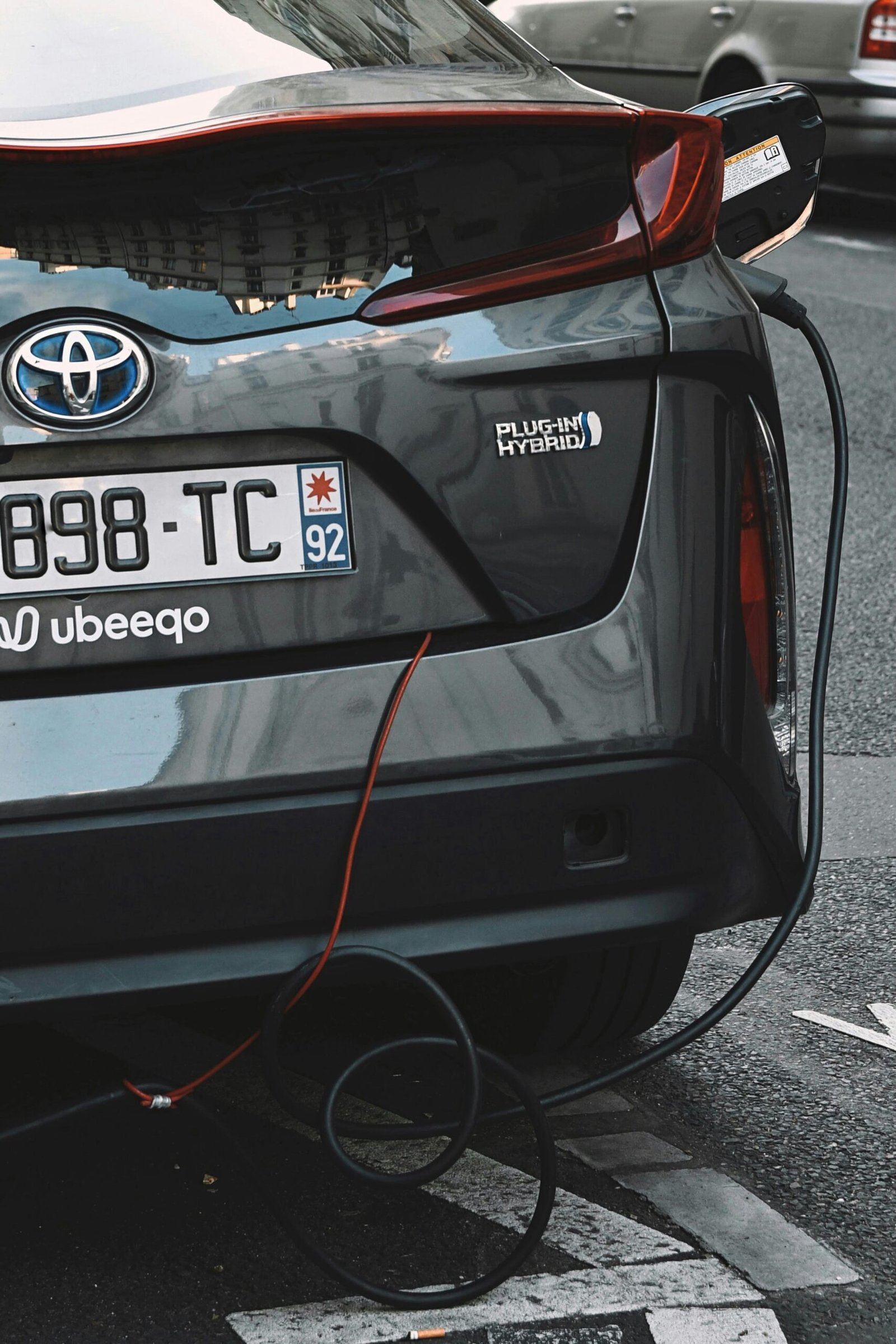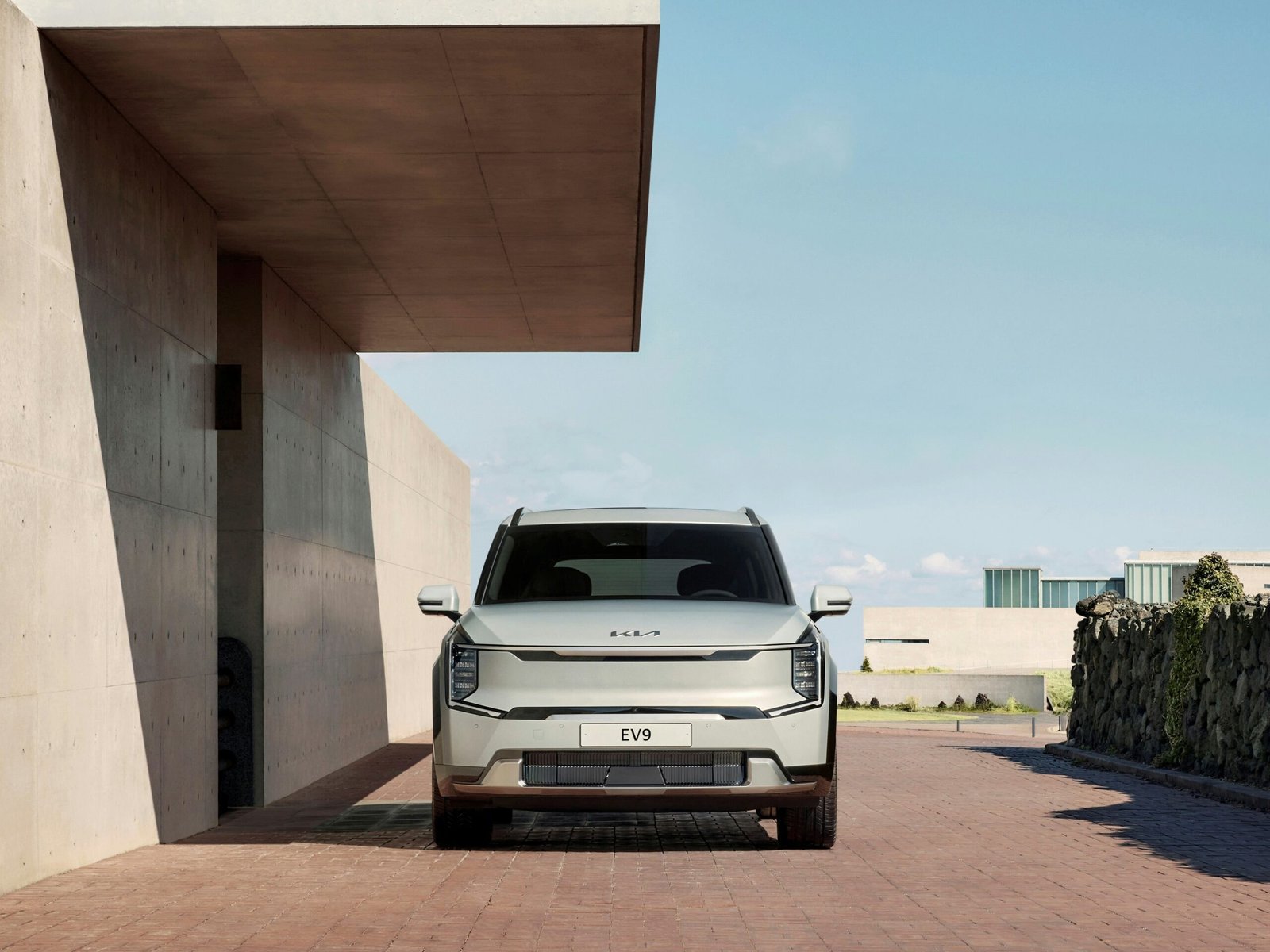5 Commonly Misunderstood Myths About Electric Vehicles
Electric vehicles (EVs) have gained significant popularity in recent years as a more sustainable and environmentally-friendly alternative to traditional gasoline-powered cars. However, despite their benefits, there are still several myths and misconceptions surrounding EVs that often discourage potential buyers from making the switch. In this article, we will debunk five commonly misunderstood myths about electric vehicles and shed light on the truth behind them.
Myth 1: Electric Vehicles Have Limited Range
One of the most talked about myths about electric vehicles is that they have limited range and are not suitable for long-distance travel. While it is true that early EV models had shorter ranges, the technology has significantly advanced over the years. Modern electric vehicles can now travel over 200 miles on a single charge, with some models exceeding 300 miles. Additionally, the charging infrastructure is rapidly expanding, making it easier than ever to find charging stations along your route.
Myth 2: Electric Vehicles Are Expensive
Another common misconception is that electric vehicles are prohibitively expensive. While it is true that the upfront cost of an electric vehicle can be higher than a conventional car, there are several factors to consider. First, the cost of EVs has been steadily decreasing as technology improves and economies of scale come into play. Additionally, EVs have lower operating costs due to the lower cost of electricity compared to gasoline. Over time, the savings on fuel and maintenance can offset the initial higher purchase price.
Myth 3: Electric Vehicles Are Slow and Lacking Power
Many people believe that electric vehicles are slow and lack the power necessary for a satisfying driving experience. However, this myth is far from the truth. Electric motors provide instant torque, meaning that EVs can accelerate quickly and efficiently. In fact, many electric vehicles can outperform their gasoline counterparts in terms of acceleration. Additionally, advancements in technology have led to the development of high-performance electric vehicles that can rival or even surpass the speed and power of traditional sports cars.
Myth 4: Electric Vehicles Are Not Environmentally Friendly
There is a misconception that electric vehicles are not truly environmentally friendly because the electricity used to charge them may come from non-renewable sources. While it is true that the environmental impact of an electric vehicle depends on the source of the electricity, EVs still have a lower carbon footprint compared to gasoline-powered cars. Furthermore, as the world transitions to cleaner and renewable energy sources, the environmental benefits of electric vehicles will only increase.
Myth 5: Electric Vehicles Are Inconvenient to Charge
Some people believe that charging an electric vehicle is inconvenient and time-consuming. However, the reality is that most EV owners charge their vehicles at home overnight, taking advantage of lower electricity rates during off-peak hours. This eliminates the need to visit a charging station regularly. Additionally, the availability of public charging stations is increasing, allowing EV owners to charge their vehicles while shopping, dining, or during other activities. With the advancements in fast-charging technology, the charging time has also significantly reduced, making it more convenient for long-distance travel.
Conclusion
Electric vehicles are revolutionizing the automotive industry, offering a cleaner and more sustainable mode of transportation. By debunking these commonly misunderstood myths, we hope to encourage more individuals to consider electric vehicles as a viable option. With their increasing range, decreasing costs, impressive performance, environmental benefits, and convenient charging options, electric vehicles are paving the way towards a greener future.
FAQs
1. Are electric vehicles more expensive to maintain?
No, electric vehicles generally have lower maintenance costs compared to gasoline-powered cars. They have fewer moving parts, which means fewer components that can wear out or require regular maintenance. Additionally, EVs do not require oil changes and have regenerative braking systems that reduce brake wear.
2. Can I charge an electric vehicle at home?
Yes, most electric vehicle owners charge their cars at home using a standard electrical outlet or a dedicated home charging station. This allows for convenient and cost-effective charging overnight.
3. How long does it take averagely to charge an electric vehicle?
The charging time for an electric vehicle can vary depending on the charging station and the vehicle’s battery capacity. With fast-charging technology, it is possible to charge an EV to 80% capacity in as little as 30 minutes.
4. Are electric vehicles only suitable for short commutes?
No, modern electric vehicles have significantly improved range and can comfortably handle long-distance travel. With the expanding charging infrastructure, it is becoming easier to find charging stations along major routes.
5. Are electric vehicles better for the environment?
Yes, electric vehicles have a lower carbon footprint compared to gasoline-powered cars. Even when considering the emissions from electricity generation, EVs still produce fewer greenhouse gas emissions overall. As the electricity grid becomes cleaner, the environmental benefits of electric vehicles will continue to increase.






